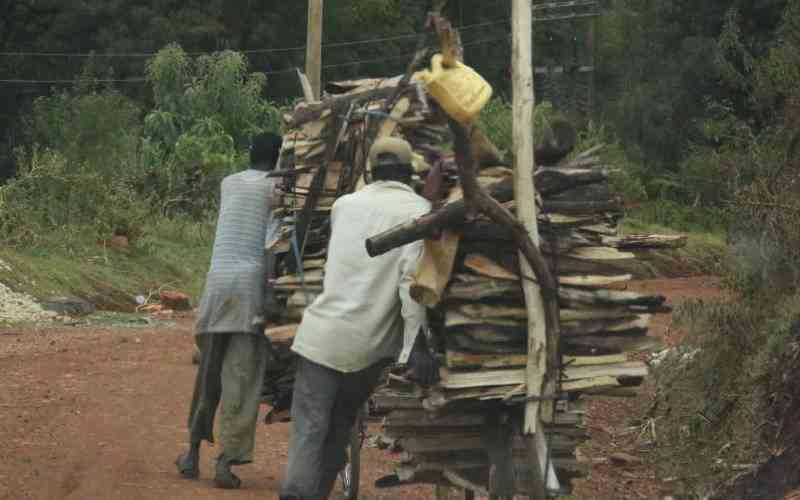×
The Standard e-Paper
Fearless, Trusted News

The lifting of a national moratorium, which had been imposed six years ago by President Uhuru Kenyatta, initially brought relief to sawmillers before the court intervened to suspend the decision.
The courts suspended these directive weeks after some saw millers had descended upon mature trees within forests, employing power saws that generated vibrations resonating through most corners of public and community forests.